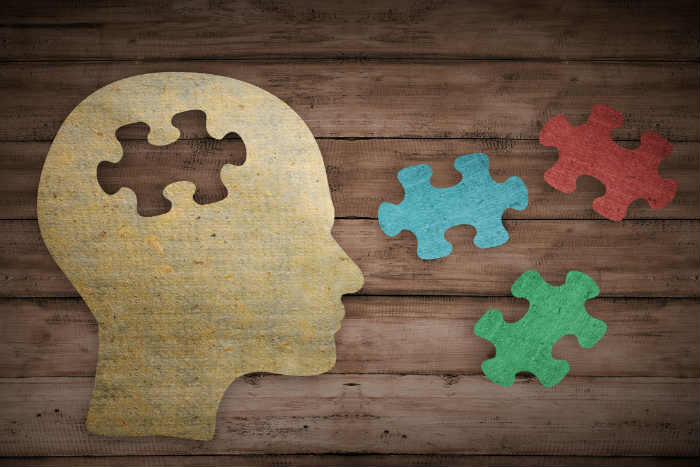











Erik Erikson was a developmental psychologist most famous for creating the eight stages of psycho-social development. Each stage of life involves a person working through an issue or crisis where a specific virtue may develop. Throughout every stage, the individual is attempting to answer an existential question that will ideally help them make sense of the world.

The stages follow the basic developmental stages of human beings. For example, a child under the age of 2 is in the trust versus mistrust stage of development. They are seeking to answer the question of whether or not they can trust the world.
Through the relationship with their caregivers, they will come to answer that question. If they can trust the world, they are going to develop the virtue of hope. These experiences, even at a very young age, move on with individuals through every other stage of their lives. While each learned virtue or lack thereof is not permanent, it does heavily impact how people see themselves and the world around them.
In early adulthood (approximately 20 to 40 years of age), a person has come to understand their own identity more deeply and they face the intimacy versus isolation stage. They work to answer the question, “Can I love?” as they develop and mature. Young adults seek to find partners through relationships and friendships. They seek to become vulnerable and create intimate relationships. They learn intimacy and real love through those types of relationships.
Sometimes, they may find relationships unsafe, anxiety-provoking, and even heartbreaking. If they view relationships in this way, they are more likely to participate in distanciation, which Erikson describes as the opposite of intimacy. It involves a person avoiding relationships, hoping to protect themselves from potential pain. Unfortunately, this type of behavior can lead to loneliness, disconnection, and isolation.
It makes sense that intimacy versus isolation is a stage a person experiences. Everyone, especially in early adulthood, is looking to connect, date, and pair off in some capacity. Look no further than the numerous dating sites, dating apps, and social media platforms. It is even a major theme in a vast number of books, movies, and television. People want to feel connected and they are searching for love. Most people relentlessly seek to find love in friendships and even a long-term partner.
Unfortunately, after facing rejection, betrayal, or the dissolving of a relationship, some might be so discouraged and afraid that they may avoid relationships altogether. The desire for people to “settle down” with a lifelong partner or belong to a group of friends is normal. Erikson found this to be so normal that he included it as a major part of human development. When a person searches for a relationship during college, joins a dating site, or has a friend set up on a blind date, they are hoping to find love and intimacy.
When a person experiences a breakup or extreme heartache, they may become afraid of getting hurt again and are tempted towards isolation. At the time, it might feel safer to be alone. The experience of searching for love and connection is a normal part of the human experience including the highs and the lows.
Understanding this particular stage of life can validate all the roller coaster emotions that come from developing relationships. While it can be a difficult journey, learning to love and create intimate relationships can carry a person through the rest of their life.
Sources